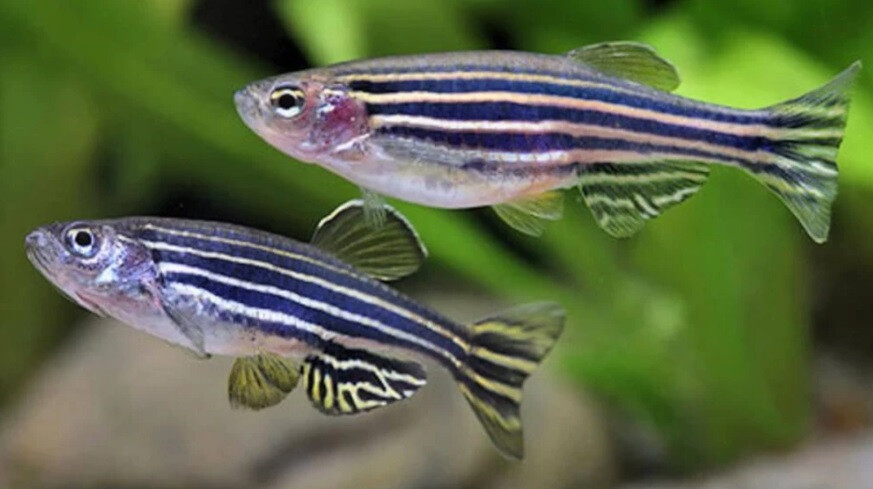
Beijing, China – In a groundbreaking achievement for space biology, Chinese scientists have announced that a group of zebrafish survived for an unprecedented 43 days aboard the country's Tiangong space station. This marks a significant milestone in long-term vertebrate survival in space and underscores China’s leading role in space ecology research.
Launched aboard the Shenzhou 18 spacecraft in April of last year, the four zebrafish successfully grew and reproduced in a microgravity environment. This remarkable feat provides invaluable data for understanding how vertebrates adapt to and thrive in the extreme conditions of space, including microgravity and radiation.
Researchers created a closed aquatic ecosystem to support the zebrafish, simulating a natural cycle where plants produced oxygen through photosynthesis and the fish's waste provided nutrients for the plants. Careful attention was given to the fish's diet, with food being diluted in water to ensure optimal survival rates.
The study of space ecology is essential for long-duration space exploration. To sustain human life in space, it is crucial to develop self-sufficient food systems and life support systems. The successful survival of the zebrafish opens new possibilities for this research.
China plans to further accelerate its space ecology research, with the Tiangong space station set to operate for the next decade. A variety of organisms will be studied during this period.
The Chinese zebrafish experiment has ushered in a new era of space biology research. This achievement is not merely a scientific breakthrough but also a vital step toward humanity's exploration of the cosmos. As a result, there is growing anticipation for space ecology research worldwide, with China at the forefront.
[Copyright (c) Global Economic Times. All Rights Reserved.]





























